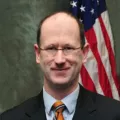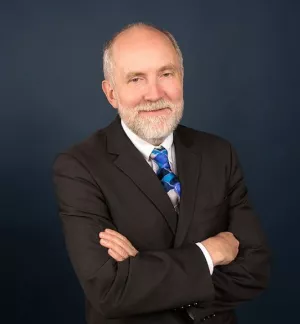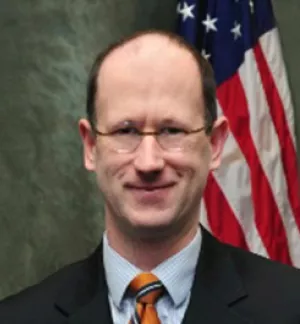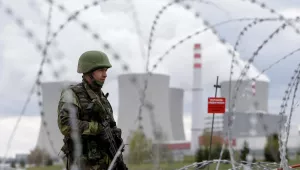IN YUGOSLAVIA last month, the United States and the rest of the world achieved an important success in preventing a catastrophic nuclear terrorist attack. As dramatic press reports revealed, a multilateral coalition of thousands of US, Russian, and Yugoslavian government officials, scientists, and soldiers, aided by experts from the International Atomic Energy Agency and backed by the nonprofit Nuclear Threat Initiative, collaborated on a joint operation at a nuclear reactor in Yugoslavia to secure and then airlift to safety a dangerously unsafe stash of enough highly enriched uranium to make at least two nuclear bombs.
Thanks to all those involved, the world is a safer place to live than it was a week ago. But one fact should give us some pause: Even though all the experts agreed that this was a job that desperately needed doing, actually getting it done took more than a year of secret interagency and international negotiations.
One probable reason the job took so long is that there was no one in charge who was senior enough to get it done any faster.
The US government has a patchwork quilt of dozens of separate programs in several Cabinet departments working on important parts of the job of keeping weapons of mass destruction out of terrorist hands in the first place — securing and accounting for vulnerable nuclear material, helping states intercept nuclear smugglers at their borders, and, as in Yugoslavia, getting rid of vulnerable caches of bomb material where possible. Hundreds of millions of dollars are being spent each year, and thousands of people, both in the United States and abroad, are involved. Many of these efforts are managed by competent and dedicated officials and are making impressive progress, significantly reducing the danger that terrorists might be able to get hold of a nuclear bomb.
Amazingly, though, there is no one person anywhere in the government with the full-time job of leading and coordinating efforts to keep nuclear weapons — or other weapons of mass destruction — out of terrorist hands. With no single leader, there is also no integrated plan or overarching strategy that would allow these programs to work together efficiently, close the gaps in our nation's response, and eliminate overlap and duplication. We have a great fleet, but no admiral steering its course.
That has to change, and soon. The highly enriched uranium in Yugoslavia was just a small piece of the hundreds of tons of nuclear bomb material that exist in scores of countries around the world with security that ranges from excellent to appalling. And those CNN videos of Al Qaeda chemical weapons experiments only add to the substantial evidence that Al Qaida and others like them are working as fast as they can to acquire weapons of mass destruction to use against us.
Congress and President Bush have spent months wrangling over the creation of a Department of Homeland Security. But in that debate there's one simple, underlying premise all agree on: When something important needs to be done, there needs to be a single leader in charge of getting it done.
Terrorists cannot detonate a nuclear weapon if they cannot get hold of the plutonium or highly enriched uranium needed to make it. There are specific, cost-effective steps the United States and other nations need to be taking now — in a global coalition against catastrophic terrorism paralleling the global antiterror coalition already assembled — to upgrade global standards for securing these weapons and materials, clean out the most vulnerable facilities, like the one in Yugoslavia, and accelerate the destruction of potential bomb materials.
Accomplishing these goals will require someone with direct access to the president keeping these issues on the front burner at the White House every day and overcoming bureaucratic obstacles.
Bush can and should use his authority to put such a full-time, senior White House leader in place for this crucial mission. Congress, when its returns from its recess to finish its work on creating the Department of Homeland Security, should work with the president to put in place an effective organizational structure for this fundamental element of warding off a devastating attack.
Right now the country needs someone whose job is to wake up every morning thinking: What can I do to keep nuclear weapons out of terrorist hands today?
And given the urgency, scope, and complexity of the job, that person will need to be given the power and the staff and resources needed to get the job done. We need somebody in charge. There's no time to wait.
Bunn, Matthew and Anthony Wier. “Keeping Nukes Out of Terrorist Hands.” The Boston Globe, September 3, 2002






